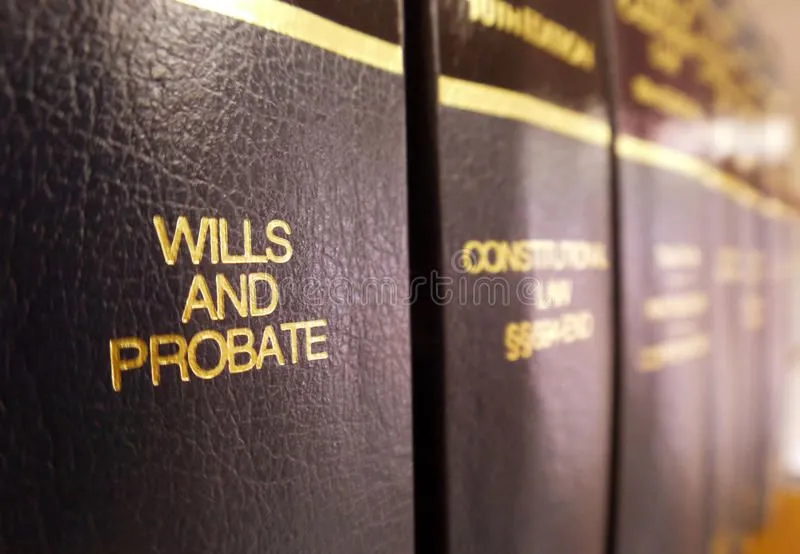Whether the Court can refuse to probate the will merely because there are disputes on timing of drafting the will?
SHUBHAM BUDHIRAJA[1]
Ms. A (Mother) executed a Will in favor of his elder son Mr. C and died in year 1995. Mr. B (Father) executed the registered will and died in year 2005. The Elder son Mr. C died in the year 2005. The other son Mr. D filed a partition suit to divide the family property whereas wife of elder son Mr. C filed petition to probate the Will of Mother and Father. The Court Probated the Will. The High Court set aside the Will for reason that Will was drafted in suspicious circumstances because (i) Mother and Father were ill during days when they Will was drafted, (ii) Mr. C being direct beneficiary was present at time when will was drafted, (iii) There are contradictory statements regarding timings when will was drafted. The Supreme Court set aside the High Court order and held that Will was not executed in suspicious circumstances because (i) the signatures are not disputed; (ii) the Father was attester in Mother’s will, (iii) Father Will was registered one, (iv) Father will in its recital has confirmed the Mother’s will[2].
(I)
The law relating to suspicious circumstances
surrounding the execution of a Will is already well settled. The Court in Kavita Kanwar vs. Mrs. Pamela Mehta and
Ors. AIR 2020 SC 544 wherein the Court referred to almost all previous
decisions right from H. Venkatachala
Iyengar vs. B.N. Thimmajamma AIR 1959 SC 443 But cases in which a
suspicion is created are essentially those where either the signature of the
testator is disputed or the mental capacity of the testator is questioned. This
can be seen from the fact that almost all previous decisions of the Court
referred to in Kavita Kanwar (supra) list out circumstances, which in the context
of the lack of sound and disposing state of mind of the testator became
suspicious circumstances.
(II)
In the matter of appreciating the genuineness of
execution of a Will, there is no place for the Court to see whether the
distribution made by the testator was fair and equitable to all of his
children. The
Court does not apply Article 14 to dispositions under a Will.




Comments
Post a Comment